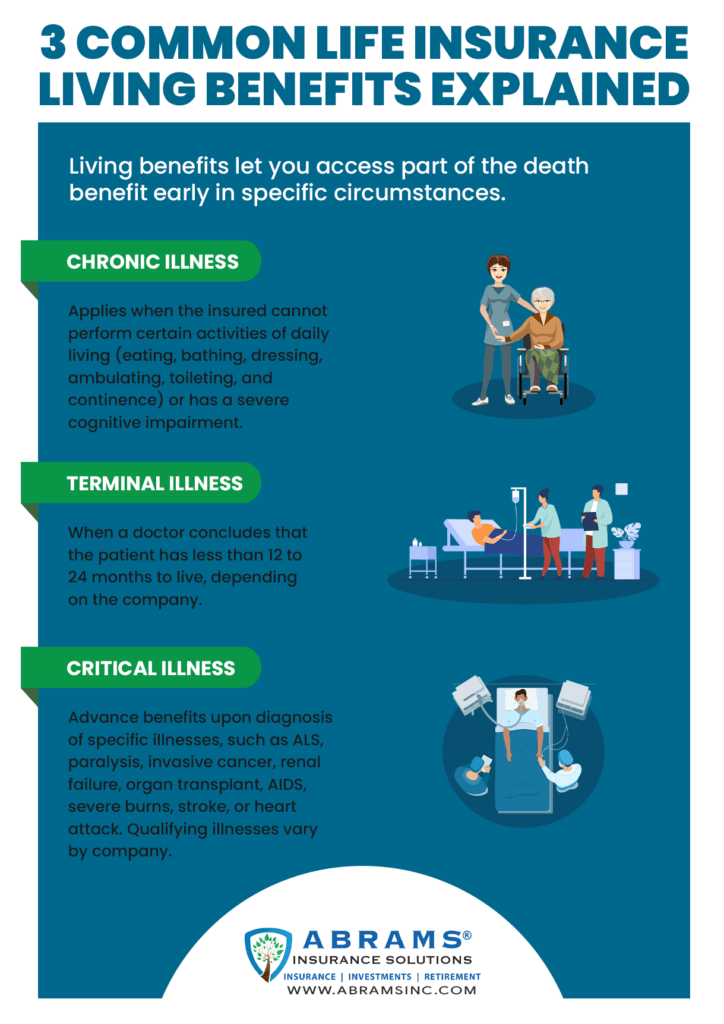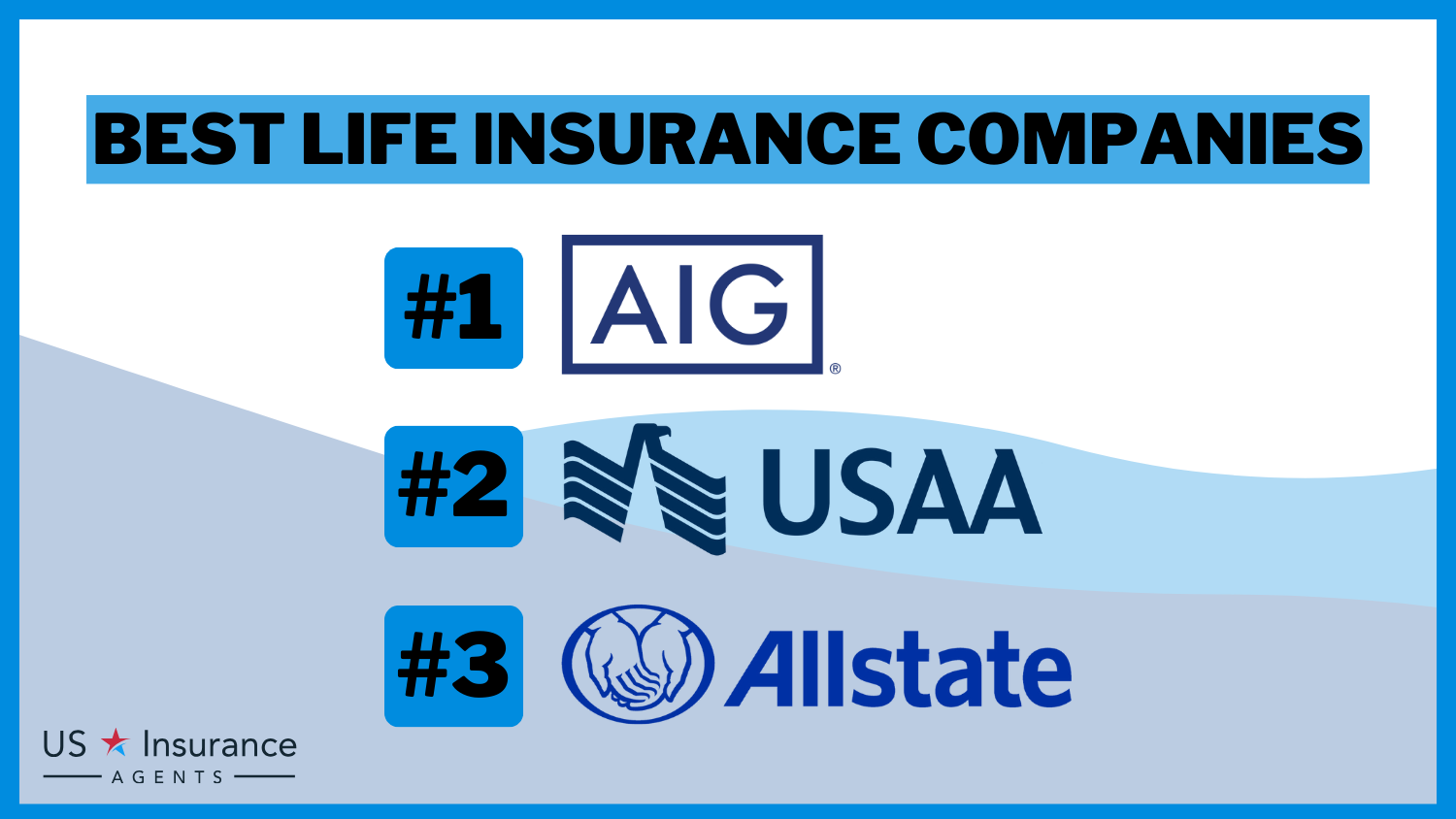Just Got in a Car Accident? What Do I Do?
You’ve just been in a car accident, and you’re not sure what to do. You’re probably feeling shaken up, and you may be wondering what you should do next. Here are some tips on what to do after a car accident:
Pull Over to a Safe Location and Check for Injuries
If possible, pull over to a safe location. This will help you avoid further accidents and give you a chance to check for injuries. Once you’ve pulled over, turn on your hazard lights and get out of your car. Check yourself for injuries, and then check your passengers. If anyone is injured, call 911 immediately.
If you’re not sure whether or not you’re injured, it’s always best to get checked out by a doctor. Even minor injuries can worsen over time, so it’s important to get them treated as soon as possible.
Once you’ve checked for injuries, exchange information with the other driver(s) involved in the accident. This includes your name, address, phone number, insurance information, and license plate number. You should also take pictures of the damage to both vehicles.
If there are any witnesses to the accident, get their names and contact information. Witnesses can provide valuable information to the police and insurance companies.
Once you’ve exchanged information and taken pictures, you can report the accident to the police. The police will investigate the accident and determine who is at fault.
After the police have investigated the accident, you can file a claim with your insurance company. Your insurance company will pay for the damages to your car and any injuries you sustained in the accident.
Getting into a car accident is a stressful experience, but it’s important to stay calm and follow these steps. By doing so, you can protect yourself and your rights.
What to Do After a Car Accident?
Just got in a car accident? The moments after a car accident can be chaotic and confusing. Adrenaline is pumping, and your mind is racing. It’s important to know what to do in order to protect yourself and your rights.
Stay Calm and Assess the Situation
The first step is to stay calm and assess the situation. Don’t panic. Take a few deep breaths and try to get your bearings. Check to see if you’re injured. If you’re seriously injured, call 911 immediately.
If you’re not seriously injured, get out of the car and check on the other driver(s) involved. If anyone is injured, call 911 immediately. Make sure to exchange information with the other driver(s), including your names, addresses, phone numbers, and insurance information. Take pictures of the accident scene, including the damage to both vehicles.
Once you’ve exchanged information, you can move your car to a safe location if possible. If your car is not drivable, you’ll need to call a tow truck. You should also call your insurance company to report the accident.
It’s important to remember that the other driver(s) may be trying to take advantage of you. Be polite, but don’t give them any more information than you have to.
If you’re not sure what to do, don’t hesitate to call the police. They can help you exchange information and make sure that the accident is properly reported.
Just Got in a Car Accident? What Do I Do?
Being involved in a car accident can be a bewildering and stressful experience. The aftermath of a crash can be chaotic, and it’s easy to feel overwhelmed. However, if you take the right steps immediately following an accident, you can protect your rights, ensure your safety, and minimize the stress of the situation.
Call the Police and Document the Accident
After an accident, calling the police is crucial. A police report will serve as an official record of the incident and provide valuable details about who was involved, what happened, and the extent of the damage. This report will be helpful when filing insurance claims or pursuing legal action if necessary.
When you contact the police, make sure to provide accurate information about your location, the time of the accident, the vehicles involved, and any injuries sustained. While you wait for the police to arrive, take photos of the accident scene, including damage to vehicles, road conditions, and any visible injuries. Gathering as much documentation as possible will strengthen your case later on.
If you’re able, exchange contact and insurance information with the other driver(s) involved in the accident. It’s also important to get the names and contact information of any witnesses who may have seen the crash. These individuals can provide valuable testimony that supports your account of what happened.
Seek Medical Attention
Even if you don’t feel injured immediately after an accident, it’s crucial to seek medical attention as soon as possible. Some injuries, such as whiplash or internal bleeding, may not manifest symptoms right away. Getting a medical checkup will ensure that you receive proper treatment for any injuries you may have sustained.
If you experience any pain, numbness, or other discomfort following an accident, don’t hesitate to visit the emergency room or contact your doctor. It’s always better to err on the side of caution and get medical attention promptly.
Contact Your Insurance Company
As soon as possible after an accident, you should contact your insurance company to report the incident. This will initiate the process of filing a claim and getting your vehicle repaired or replaced. Your insurance agent will guide you through the claims process and help you recover the costs associated with the accident.
When filing a claim, be sure to provide accurate and complete information about the accident. Include details about the other driver(s) involved, the extent of the damage, and any injuries sustained. The more information you provide, the easier it will be for your insurance company to process your claim.
Just Got in a Car Accident? What Do I Do?
When you’re involved in a car accident, the first thing you need to do is seek medical attention. Even if you don’t feel any pain, it’s important to get checked out by a doctor to rule out any potential injuries. Some injuries, like whiplash, may not show up right away, so it’s best to err on the side of caution. Don’t wait until it’s too late to get help.
Secure the Scene
If possible, pull over to the side of the road and turn on your hazard lights. This will help to alert other drivers and prevent further accidents. Once you’re in a safe place, check yourself for injuries. If you’re able, check on your passengers as well. You also should call the police, which is often required by law, and report the accident.
Exchange Information
After you’ve checked for injuries, it’s important to exchange information with the other drivers involved in the accident. This includes your name, address, phone number, insurance information, and license plate numbers. You should also take photos of the accident scene, including the damage to your vehicles. This will help to document the accident and support your insurance claim.
Document the Scene
In addition to taking photos, you should also document the accident scene in writing. This includes noting the date, time, and location of the accident, as well as the names and contact information of any witnesses. You should also write down a detailed description of the accident, including what happened and who was at fault. This information will be helpful when you file your insurance claim and/or if you decide to pursue legal action.
Seek Legal Advice
Can you imagine yourself suddenly being involved in a serious car accident, which resulted in injuries and property damage? You’re probably feeling overwhelmed and confused. Who do you turn to? What steps should you take to protect your rights? That’s where an experienced car accident lawyer comes in. At The Law Offices of [Injured Party], we understand what you’re going through. We’ll fight to get you the compensation you deserve for your injuries, lost wages, and other expenses.
Just Got in a Car Accident? What Do I Do?
Accidents happen in the blink of an eye, and when they do, it can be overwhelming to know what to do. This guide will provide you with a step-by-step plan to help you navigate the aftermath of a car accident.
1. Stay Calm and Ensure Safety
Take a deep breath and compose yourself. Ensure your well-being and that of your passengers. If possible, move your car to a safe location off the road to avoid further accidents.
2. Call 911
Dial 911 immediately to report the accident. Provide the operator with your location, the number of vehicles involved, and any injuries. Even if the accident seems minor, it’s essential to document it with the authorities.
3. Exchange Information
Once you’ve ensured everyone’s safety, exchange information with the other driver(s) involved. This includes names, contact details, insurance information, and license numbers. Take photos of the accident scene, including the damage to all vehicles.
4. Seek Medical Attention
Even if you don’t feel injured, it’s crucial to seek medical attention. Some injuries may not manifest immediately, and it’s better to be safe than sorry. Get checked out by a doctor or at a hospital to rule out any hidden injuries.
5. Contact Your Insurance Company
Reach out to your insurance provider and report the accident as soon as possible. Be prepared to provide them with information from the other driver(s) involved, the police report, and any medical documentation. Your insurance company will guide you through the claims process and help you get the compensation you deserve. Remember, you may need to provide the following details:
Just Got in a Car Accident? What Do I Do?
Being involved in a car accident can be a jarring and overwhelming experience. In the aftermath of the impact, it’s natural to feel disoriented, confused, and unsure of what to do next. To help you navigate this stressful situation, here’s a comprehensive guide to assist you in the immediate aftermath of a car crash.
**1. Stay Calm and Assess the Situation**
Remain calm and take a moment to assess the situation. Check yourself for injuries, and if you’re able, check on the passengers in your vehicle. If there are other vehicles involved, check on their occupants as well. Remember that staying composed will help you think clearly and make informed decisions.
**2. Call 911**
Call 911 immediately, regardless of the severity of the accident. Even if you don’t feel any pain, it’s important to get medical attention checked out. Some injuries may not be noticeable right away, and seeking medical attention promptly can prevent further complications.
**3. Exchange Information**
Once you’ve ensured everyone’s safety, exchange information with the other driver(s) involved in the accident. This includes your name, address, phone number, insurance information, and license numbers. It’s also helpful to take photos of the accident scene, including the damage to all vehicles involved.
**4. Report the Accident**
In most states, you’re legally required to report the accident to the authorities, usually within a certain number of days. Depending on the state, you can do this online, by phone, or in person. Filing an accident report will provide an official record of what happened.
**5. Contact Your Insurance Company**
Notify your insurance company about the accident as soon as possible. They will guide you through the claims process and help you get your vehicle repaired or replaced. Be sure to provide them with all the details of the accident, including the police report number.
**6. Seek Medical Attention**
Even if you don’t feel injured, it’s still essential to get checked out by a doctor. Some injuries, such as whiplash or internal bleeding, may not manifest themselves immediately. A medical professional can evaluate you for any hidden injuries and provide appropriate treatment.
Hire an Attorney If Needed
If you’ve sustained serious injuries or believe the other driver was at fault, consider consulting a personal injury lawyer. They can help you navigate the legal complexities of your case, protect your rights, and maximize your compensation. An attorney can also handle negotiations with insurance companies on your behalf, ensuring that you receive fair treatment.
**7. Take Care of Yourself**
After a car accident, it’s common to experience physical pain, emotional distress, and financial challenges. Prioritize your health by attending medical appointments, getting enough rest, and managing stress. Don’t hesitate to seek support from family, friends, or a therapist if needed.
Just Got in a Car Accident? Here’s What to Do
If you’ve just been involved in a car accident, it’s natural to feel shaken and unsure of what to do next. However, taking the right steps immediately can help protect your rights and minimize the stress of the situation. Here’s a comprehensive guide to what you should do after a car accident:
Preserve Evidence and Protect Your Rights
Documenting the accident scene is crucial for insurance claims and potential legal proceedings. Take out your phone and capture as many photos as possible, including:
- The overall accident scene
- Damage to your vehicle and the other party’s vehicle
- Any visible injuries
These photos will serve as visual evidence of the accident, providing an accurate record of the damage and injuries. Don’t rely solely on your memory, as details can fade over time.




Leave a Reply